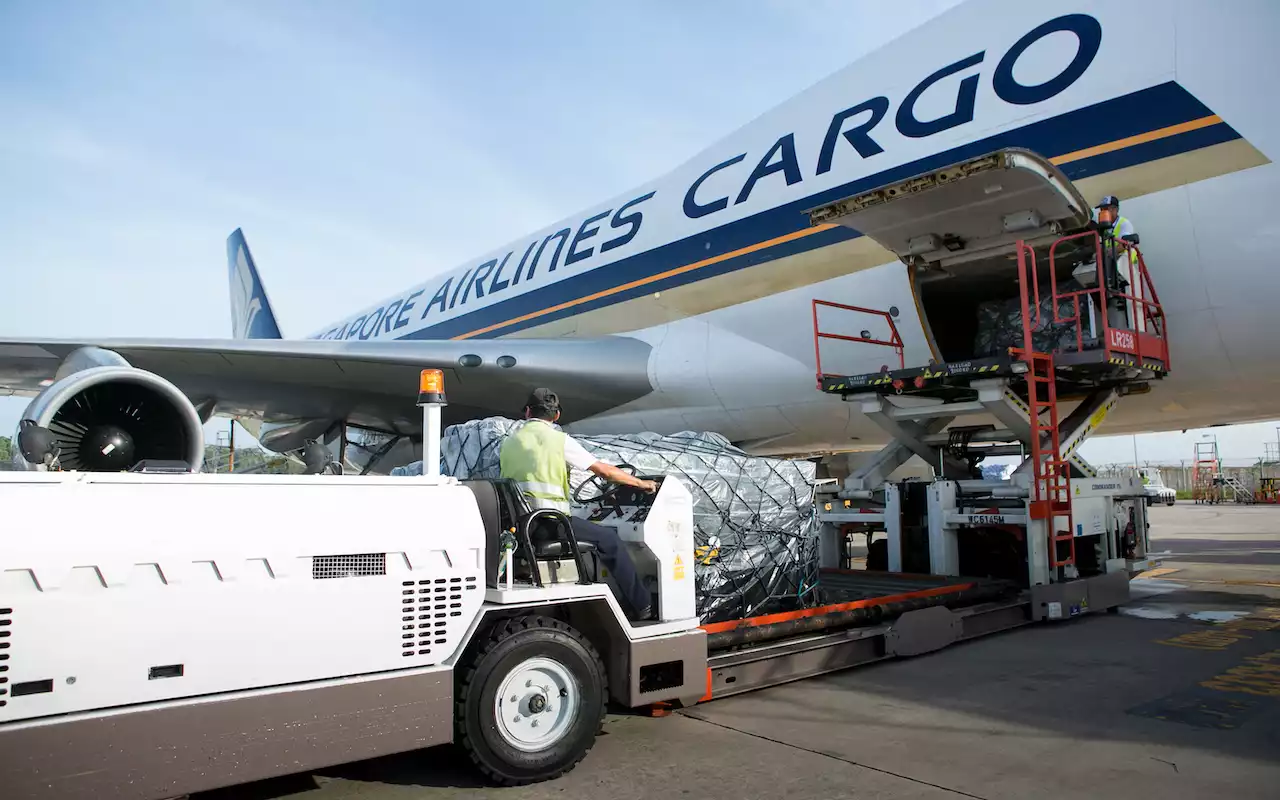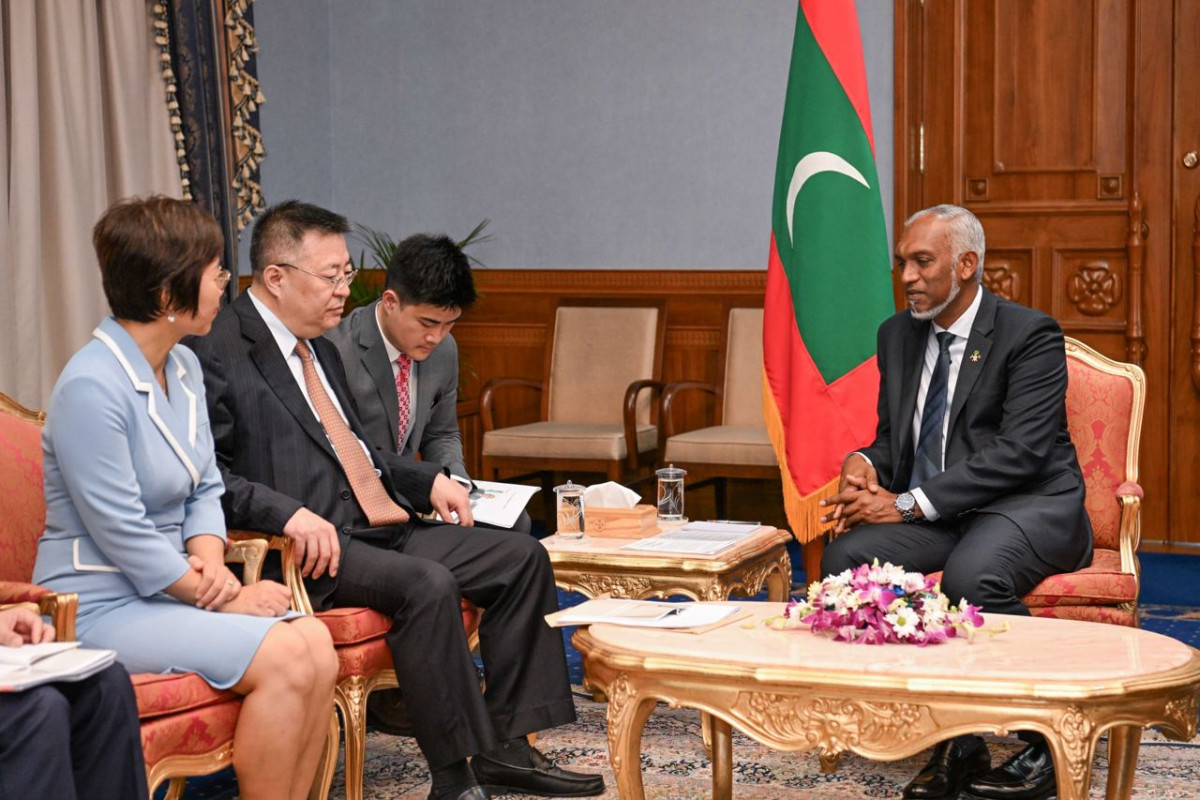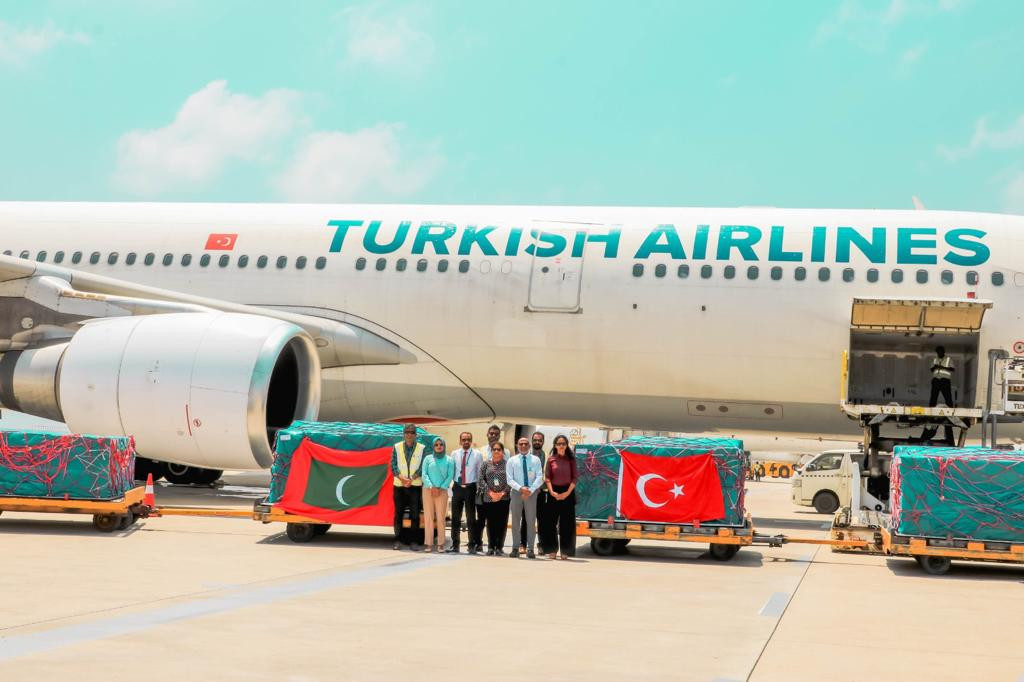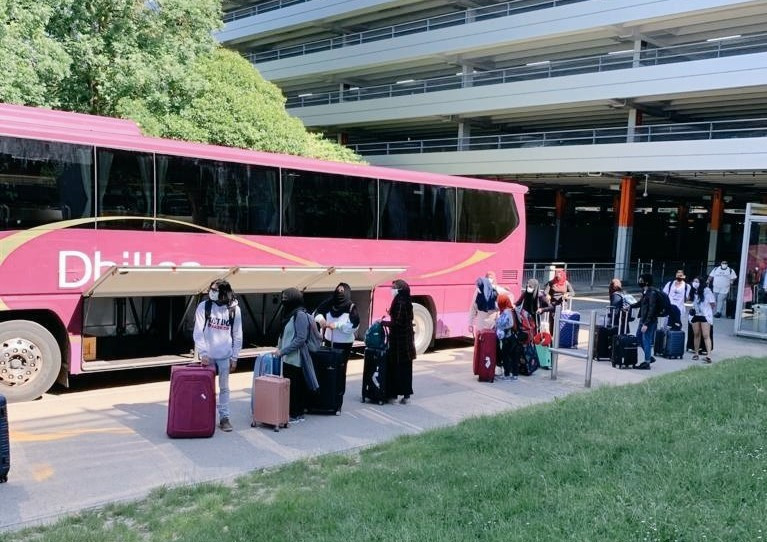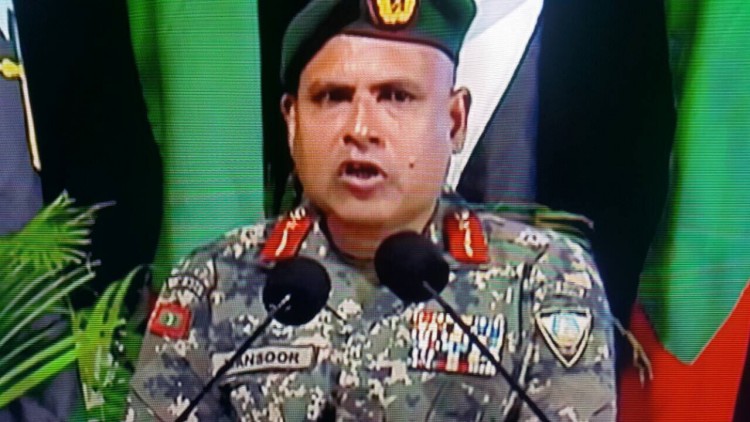A year of disillusionment; Muizzu’s first year in power marked by empty promises, delayed projects
It becomes concerning when the promises of the island nation’s leader begin to resemble the imaginary tales of songs.

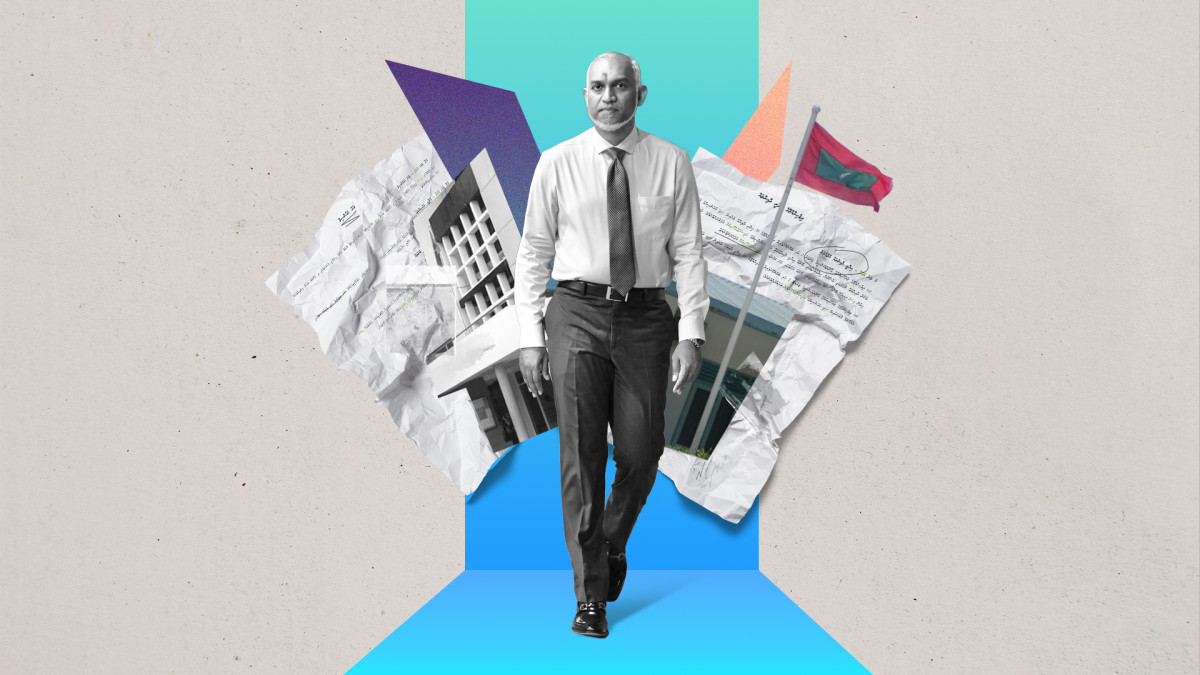
President Dr. Mohamed Muizzu
A year has passed since President Dr. Mohamed Muizzu came into power, however, the promise of a transformative administration quickly faded into the backdrop of unfulfilled expectations. When Muizzu took office on 17 November 2023, several citizens saw his presidency as a beacon of hope, a chance to reset the nation’s course. His campaign was built on towering promises of an efficient government, one that would prioritize the needs of the citizens over political ambitions. Driven by the vision he sold during the 2023 presidential polls, voters cast their ballots hoping to see a government free of bloated operations and excessive expenditure. However, as the year unfolded, the dream began to unravel, leaving the island nation and its citizens in a daze of confusion whether the promises of the Muizzu administration were ever more than a delusion.
Muizzu pledged to establish a streamlined administration, promising to drastically slash the number of political appointees, compared to the previous administrations. To solidify this commitment, Muizzu went further declaring that the total number of political appointees would be capped at 700. His goal seemed clear; to serve the people with efficiency and dedication, ensuring that the administration would work for the benefit of all without unnecessary extravagance.
The incumbent’s first actions as president told a different story despite repeated promises to establish a low-cost government and avoid unnecessary spending. A staggering MVR 22.9 million was allocated for his inauguration ceremony alone. After taking oath, instead of moving into the official presidential residence Mulee’aage, Muizzu chose to stay at his private residence. It wasn’t until 80 days later that he relocated to Mulee’aage, after spending an additional MVR 3.6 million on renovations.
The reports of a top-heavy government, despite earlier promises to the contrary, is not a new story. Multiple sources have confirmed that the number of political appointees has exceeded 2,000. The government has blatantly refused to provide clarity on the exact figure, leaving the public in the dark. A year into the Muizzu administration, the total number of political staff remains undisclosed, raising questions about transparency and the efficiency of the structure of the government.
A year into the administration, there is still no sign of progress or development. Whether in the capital, Malé region or across outlying islands from north to south, the scene remains unchanged. No projects are running. The materials for initiatives of the former administration are left to deteriorate on islands and it is clear that no new development has begun on any island under Muizzu’s leadership, leaving the country stagnant and the hopes of progress unmet.
This has gone on to become the biggest grievance for island communities as well. They continue to voice their frustration, stressing that the incumbent rode a massive wave of hopeful promises into power. However, they noted that the administration has delivered little in terms of development across islands. Despite securing a supermajority at the People’s Majlis, the people are left wondering: after all the hope and trust placed in this administration, why has nothing changed?
The Fushidhiggaru Lagoon or Ras Malé project, which was intended to reclaim land near the Malé area, has stalled. Even though the deadline set by the president for completion has passed, less than 15 percent of the area has been reclaimed. Despite claims that they can manage projects outside of the state budget, the Ras Malé project now feels more like an unattainable dream than a tangible development initiative.
Earlier this year, the incumbent unveiled an even grander vision: the construction of an undersea tunnel to connect Ras Malé and Malé. On 22 February 2024, Muizzu announced that feasibility studies were underway, and discussions were ongoing with an experienced company. The government began promoting the project as a transformative initiative that would revolutionize the lives of Maldivians.
In the end however, the reality proved to be far different. The undersea tunnel project soon took on the feel of a grand, far-off dream, like the Americans landing on the moon. The government later framed it as part of the president’s grand vision and while grand visions are often spoken of in the political sphere, this one seemed to join the ranks of many other ambitious ideas that have never materialized.
However, it becomes concerning when the promises of the island nation’s leader begin to resemble the imaginary tales of songs.
Just days before the administration marked its first anniversary, the government pulled off yet another spectacle. They “officially” opened the Dharumavantha Hospital, which was completed during former President Abdulla Yameen Abdul Gayoom's administration and had been in use for five years during former President Ibrahim Mohamed Solih's term. The event was marked by a lavish ceremony, complete with colorful lights, millions spent and a showy display for the public, despite the hospital’s long-standing operation.
In the end, the administration of President Muizzu has left the citizens disappointed after just one year in office. Even those who voted for him from the ruling People’s National Congress (PNC) and Progressive Party of Maldives (PPM) coalition are now disillusioned. It is easy to see why too. After coming to power on a tsunami of promises, the administration has instead delivered what can only be described as a year of disappointment.
